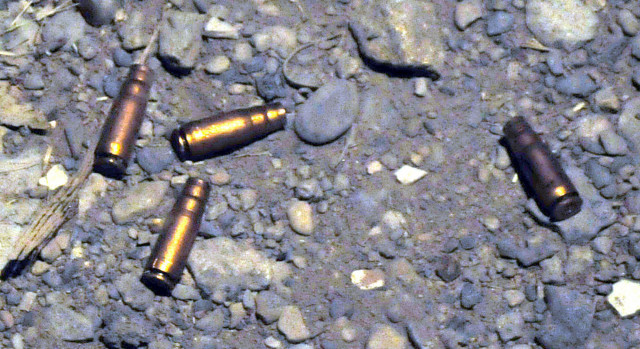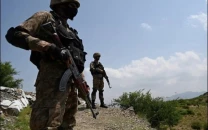Deaths in Balochistan
It is difficult not to conclude that there is an artificial state of ‘managed instability’ in the province

The blame game started immediately, and as there is never any conclusive investigation of the killings in Balochistan, nor a successful hunt for the killers and consequently no prosecution, blame is hurled indiscriminately with or without foundation. Baloch nationalists invariably blame the government agencies and entities, and in places where the insurgency is hot — such as Panjgur — there are frequent clashes between security forces and Baloch nationalist and separatist groups. The government has commented that some neighbouring countries are involved. Rival groups also clash between themselves, adding much confusion as to who is doing what to whom and why. Inasmuch as anything is clear the entire province is touched by violence and decades of distrust — indeed outright betrayal on occasion — and virtually nowhere can be considered safe and secure. Sectarian killings are common, and doctors and teachers regularly gunned down. Innocents are caught in the crossfire or die as ‘collateral damage’ in bombings. Both the provincial and federal governments are unable or unwilling to get a grip of a resolution to the many and complex disputes that can be owned by all stakeholders, and it is difficult not to conclude that there is an artificial state of ‘managed instability’ in the province.
Published in The Express Tribune, September 30th, 2014.
Like Opinion & Editorial on Facebook, follow @ETOpEd on Twitter to receive all updates on all our daily pieces.



















COMMENTS
Comments are moderated and generally will be posted if they are on-topic and not abusive.
For more information, please see our Comments FAQ